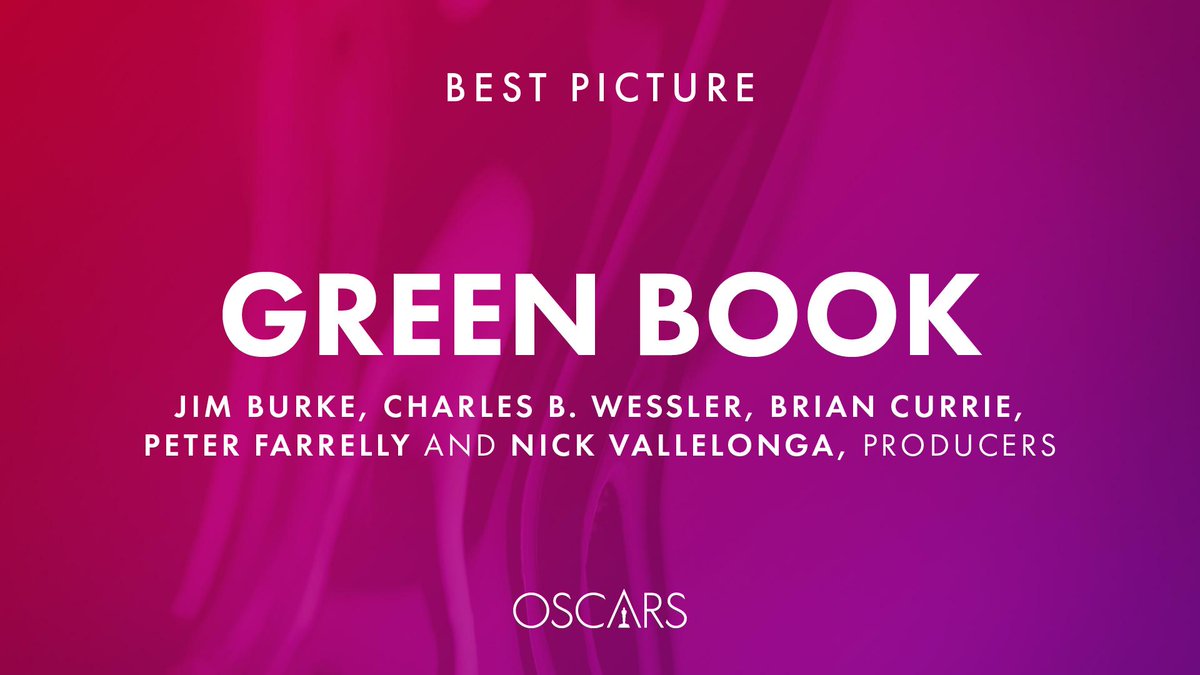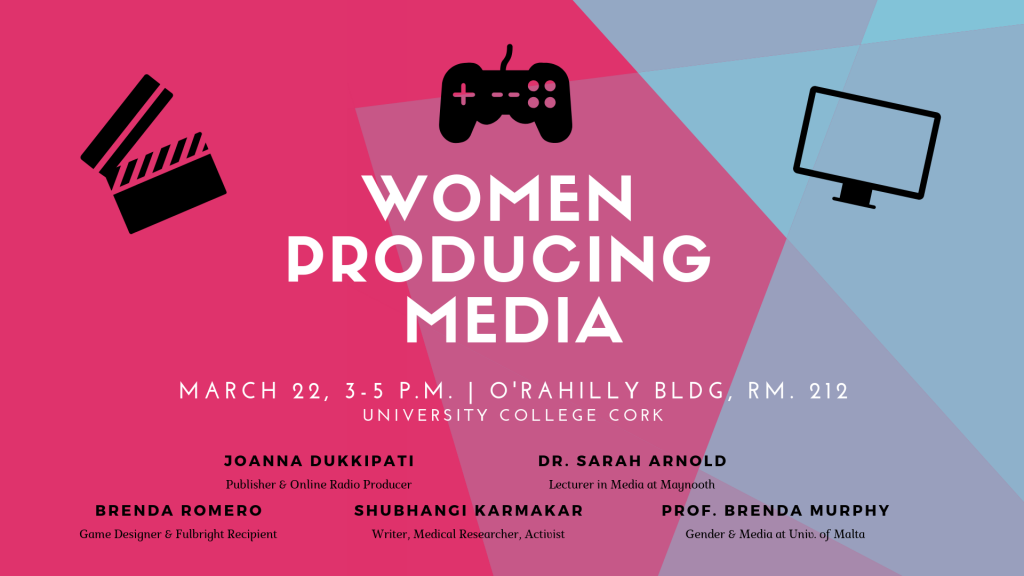Green Book at the Oscars: laughing through the tears
Like a cartoon go-kart, the 91st Academy Awards started out smoothly, with hope for the future of inclusion, representation, and progress manifesting early on. Regina King’s Best Supporting Actress win for If Beale Street Could Talk was cause for celebration. Not only were her own accomplishments being recognised, but the work of James Baldwin and Barry Jenkins, as well. Yet, as we all know, animated vehicles are prone to comically losing essential parts and rolling off into the bush.
Big sticking points of the night were the awards going to the nostalgia driven and scandal-fraught Bohemian Rhapsody, as well as the even more problematic saga of white saviour-ism, Green Book. Critics have already pointed out the pointed omission of Bryan Singer’s name from all of the rhapsodic awardees. This was, no doubt, in response to both his firing from the film as well as the numerous allegations of sexual misconduct. The omissions from many of the cast and crew of Green Book, however, were much more insidious.
First off there is the utter lack of acknowledgement of the man upon whose life the film was nominally based, Dr. Don Shirley. The only mention of him came from Mahershala Ali after receiving the Oscar for Best Supporting Actor, the category itself being a very revealing look at the racial hierarchy of the film’s characters. None of the other Green Book-associated winners thanked Dr. Shirley. Nick Vallelonga, son of “Tony Lip” (played by Viggo Mortensen) and one of the screenwriters, says this was in accordance with Dr. Shirley’s wishes, though that seems a terribly convenient claim. Secondly, absent from both the film and the acceptance speeches was the name Victor Hugo Green: the author of the titular books. (The actual title was The Negro Motorist Green Book.) Two black men at the centre, the very root, of the story were thoroughly ignored.
Mahershala’s face tonight seemed like the embodiment of double-consciousness.
Honored by Hollywood for playing a role that offended the family of the Black prodigy he tried to honor with his acting.
Tough spot. pic.twitter.com/PJN175tMLd
— Natasha S. Alford ??+??✊????? (@NatashaSAlford) February 25, 2019
Oh, and in case you missed this bit of news, Dr. Shirley’s family was not at all pleased with the film, referring to it as a “symphony of lies”. Mahershala Ali apologised to the family. This likely explains his deliberate naming of Don Shirley in his acceptance speech, as well as the expression on his face while doing so.
The fact that Viggo Mortensen, the white man in a film allegedly about a black man, was nominated for Best Actor while Mahershala Ali was nominated for Best Supporting Actor pretty much tells you all you need to know about the priorities of the film. There has been plenty of well-written commentary about the many, many problems with the film, so no need for me to repeat any more than I already have. Let’s just say that neither this film nor this awards ceremony are going to age well.
Days before the ceremony, Seth Meyers and Amber Ruffin released White Savior: The Movie Trailer calling out all the self-congratulatory white nonsense that Hollywood is known for. It was a brilliant and savage takedown. I only wish it had come out earlier, while Oscar voting was still open.
After the winner for Best Picture was announced, there was a lot of outrage. This reportedly included Spike Lee, whom the cameras in the auditorium desperately avoided. Although some were determined to interpret his reaction as that of a poor loser (BlacKkKlansman had also been in the running), I suspect he would have been happy had anything other than Green Book won.
The next morning, the outrage persisted. Several articles have since called it the worst best picture since Crash. Twitter, in addition to calling out the failings, has also managed to churn out the comedy. Sports journalist Jamele Hill had several back and forths that were absolute gold.
Green Book also voted for Obama
— Lissette Almanzar (@LissetteXIV) February 25, 2019
Green Book always has been good to you people. https://t.co/AA2EKgi0p2
— Jemele Hill (@jemelehill) February 25, 2019
Green Book doesnt see color
— Michael? (@MJM5477) February 25, 2019
Green Book thinks you’re so articulate https://t.co/Z3L3ytCF20
— Jemele Hill (@jemelehill) February 25, 2019
Green Book wants to touch your hair.
— Yeegrek (@Yeegrek) February 25, 2019
Green Book moved to this neighborhood for its vibrance and culture and also calls the police at least three times a week.
— Matt H (@PanasonicDX4500) February 25, 2019
And now Green Book complains about fireworks on Next Door every year and breathlessly asks if anyone else heard that gunshot…
— Lauri Lynnxe Murphy (@lynnxe) February 25, 2019
Green Book adds raisins to their potato salad.
— Hellcat Press (@Hellcat_Press) February 25, 2019
Green Book admires your athleticism
— Keith Nutley (@NutleyKeith) February 25, 2019
Green Book wonders why there’s no Green History Month, though.
— Charles Louis Richter (@richterscale) February 25, 2019
Green Book claps on the 1s and 3s.
— Chris Lavorgna (@eazeapeazea) February 25, 2019
Green Book still calls Muhammad Ali Cassius Clay
— Matt Leachman (@Matt2517) February 25, 2019
Green Book wonders why we keep bringing up the past. It’s not like Green Book owned any slaves.
— Yes. It has two “k’s”. (@erikka2ks08) February 25, 2019
Green Book thinks you only went to Mich State because of affirmative action
— Willie Davis (@Mudfish1982) February 25, 2019
The Green Book thinks there’s very fine people on both sides.
— For Colored Girls Who… (@kandice_webber) February 25, 2019
Green Book really need you to know it still listens to its copy of Dr. Dre’s 2001 from college
— Dave (@daveabrowne) February 25, 2019
Green Book wants you to know it donated to NAACP last month and it worked.
— Gary and Kiki (@GaryandKiki1) February 25, 2019
Green Book wants you to know its maid was like family.
— Savyon (@GeauxSavy) February 25, 2019
Green Book would like to speak to a manager, please.
— KevDog (@kevdog) February 25, 2019
And this, folks, is why we need more women and people of colour at every level of the industry. The complete lack of awareness about how problematic the story is could have been avoided had some black people with serious decision-making power been in on the meetings. Green Book should never have been green-lit.
On a related note, I am hosting a symposium on women who create media at University College Cork on 22 March 2019.
We’ll be talking about what supportive structures and organisations currently exist, how media producers – of all genders – can break out of their networking bubbles to promote diversity and inclusion, as well as effective solutions proven to bring positive results for elevating the voices of women and minorities. You can find more information here and on the Eventbrite page.
Follow on Twitter: @WomenProducing





